Blog
Can SoftWave Therapy Provide Lasting Relief for Disc Herniation?
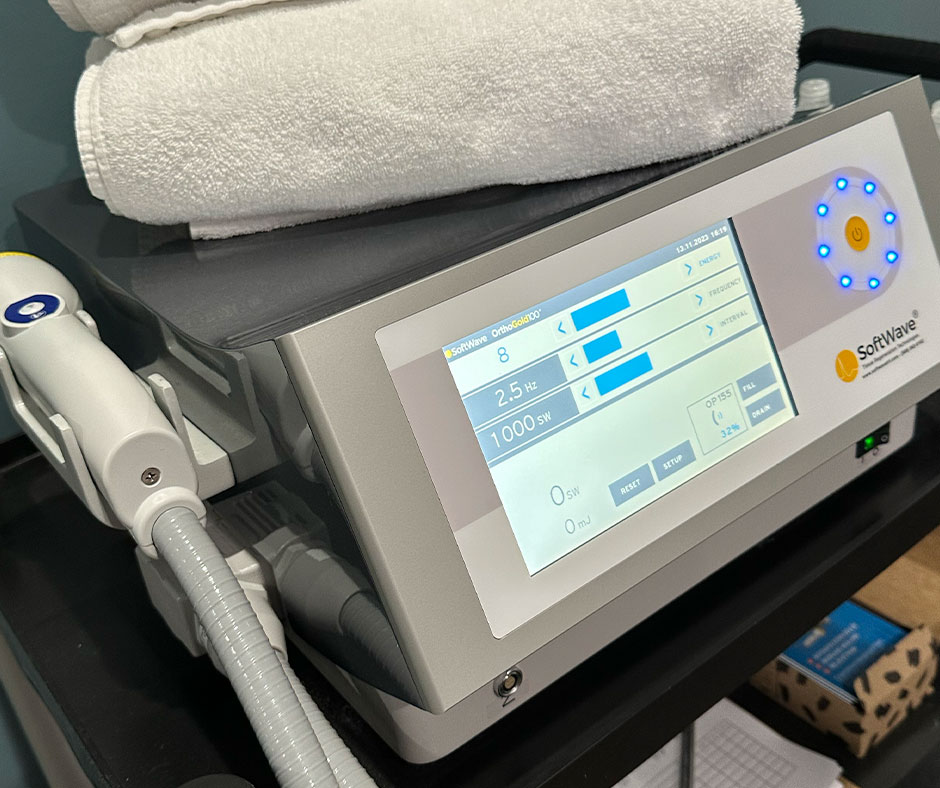
Disc herniations in the lumbar spine, a common source of severe pain and discomfort, can significantly impact the quality of life for many in Cedar Park, Texas. Understanding the types of disc herniations, their causes, symptoms, and traditional treatments is crucial. However, SoftWave Therapy, now available at Cedar Park Chiropractic in Cedar Park, Texas, is revolutionizing the treatment of disc herniation with its non-invasive approach and impressive results.
The Anatomy of Lumbar Spine Discs
The lumbar spine, consisting of five vertebrae separated by discs, relies on these discs for shock absorption and spinal flexibility. Each disc comprises two main components: the Annulus Fibrosus, a tough outer layer providing structural integrity, and the Nucleus Pulposus, a gel-like inner core allowing for flexibility and shock absorption.
Types of Disc Herniations
Disc herniations are categorized based on their location and severity into contained, non-contained, or sequestered types:
- Bulging Disc: The disc extends beyond its normal boundaries but remains intact.
- Protruding Disc: The disc's outer layer weakens, causing it to bulge and potentially press on surrounding nerves.
- Extruded Disc: The disc's inner core ruptures through the outer layer, often putting pressure on spinal nerves.
- Sequestered Disc: The inner core breaks free from the disc and moves into the spinal canal.
Causes and Symptoms
Disc herniations can result from age-related degeneration, repetitive strain, or sudden injury. Symptoms include localized back pain, radiating leg pain, numbness, tingling, and muscle weakness. Severe cases may lead to loss of bladder or bowel control, requiring immediate medical attention.
Conventional Medical Treatments
Traditional treatments for disc herniations often involve a stepwise approach, starting with conservative methods like rest, physical therapy, and pain medications. In more severe cases, corticosteroid injections are used to reduce inflammation and alleviate pain temporarily. Surgery, such as discectomy or spinal fusion, may be considered when conservative methods fail.
SoftWave Therapy's Superior Approach
SoftWave Therapy stands out as a non-invasive, effective alternative for disc herniations. Here's why it's becoming the preferred choice at Cedar Park Chiropractic:
- Pain and Inflammation Reduction: SoftWave Therapy uses electrohydraulic supersonic acoustic waves to target and reduce pain and inflammation, providing immediate relief.
- Improved Blood Flow and Circulation: The therapy enhances blood flow to the affected area, promoting natural healing and tissue regeneration.
- Stem Cell Activation: SoftWave Therapy stimulates the body's stem cells, encouraging tissue repair and regeneration, crucial for herniated disc recovery.
- Enhanced Range of Motion: Many patients experience improved mobility and flexibility after SoftWave Therapy sessions.
- Non-Invasive, Non-Injection, Non-Surgical: SoftWave Therapy avoids the risks associated with injections and surgery, making it a safer option.
Disc herniations can disrupt your life and cause excruciating pain, but there are alternatives to traditional treatments. SoftWave Therapy, offered at Cedar Park Chiropractic in Cedar Park, Texas, is revolutionizing the way we address disc herniation pain. By targeting pain and inflammation, promoting blood flow, and stimulating stem cell activation, SoftWave Therapy offers a path to lasting relief without invasive procedures or surgery.
If you or a loved one is suffering from disc herniation pain in Cedar Park, Texas, consider exploring the transformative power of SoftWave Therapy for a brighter, pain-free future.
Request a Softwave Discovery Day Appointment ONLINE Here!
‹ Back



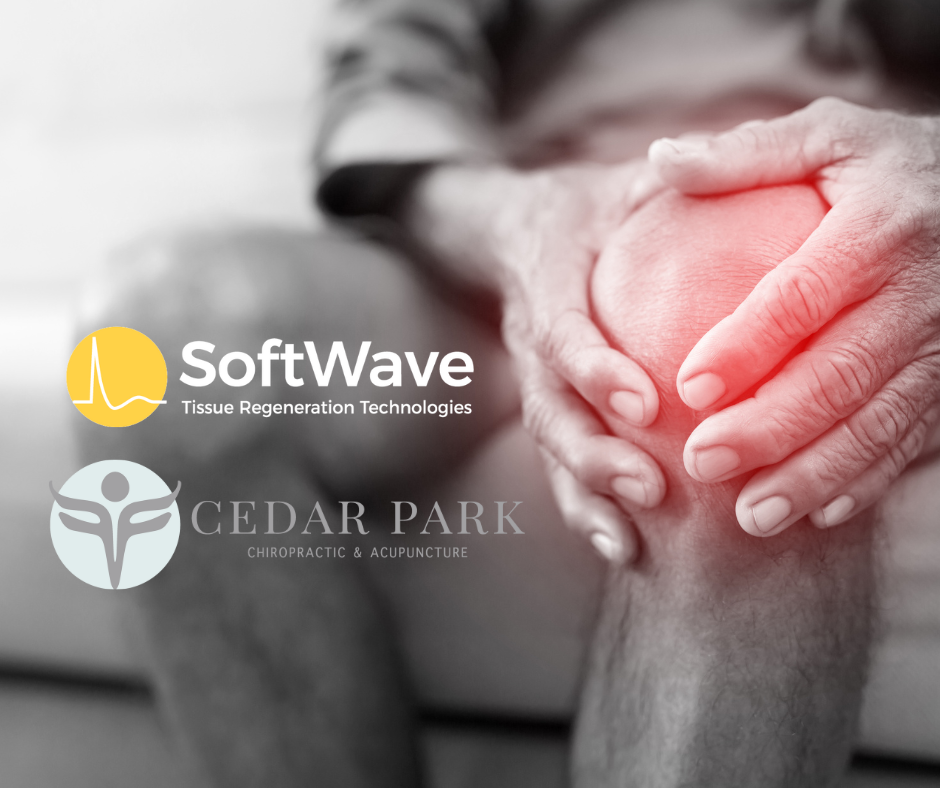
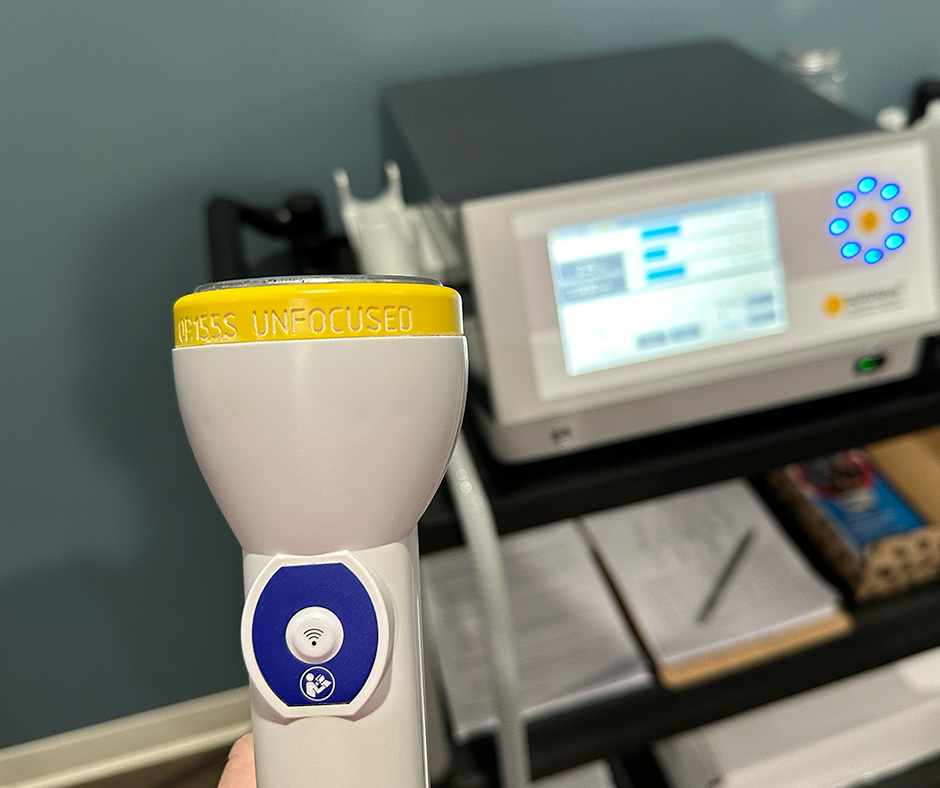
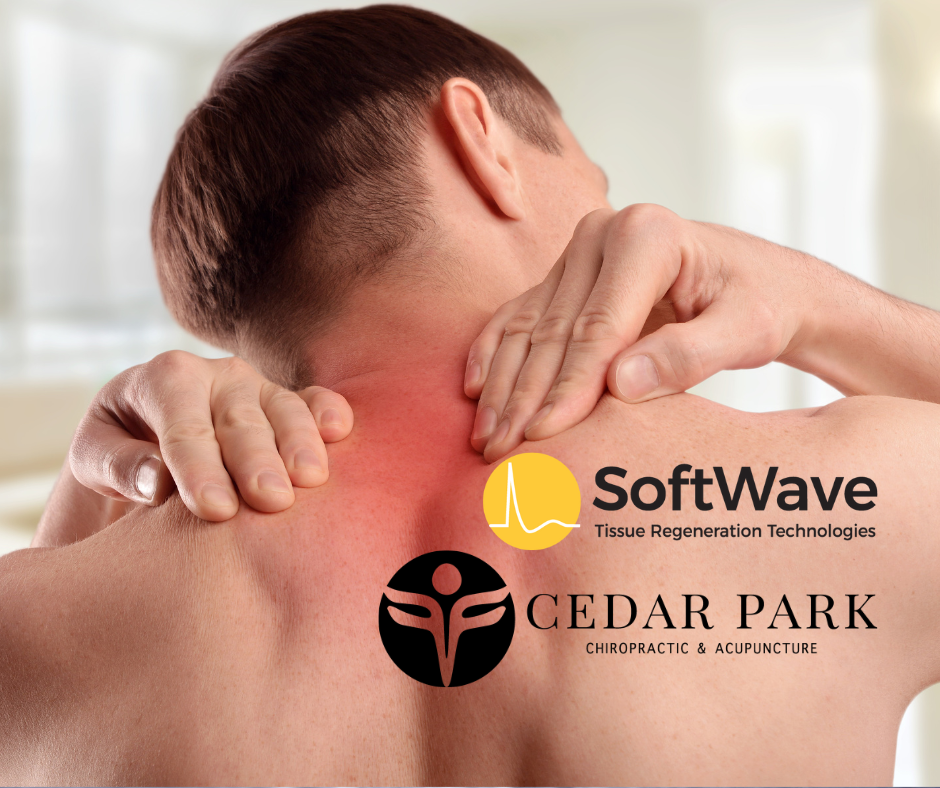
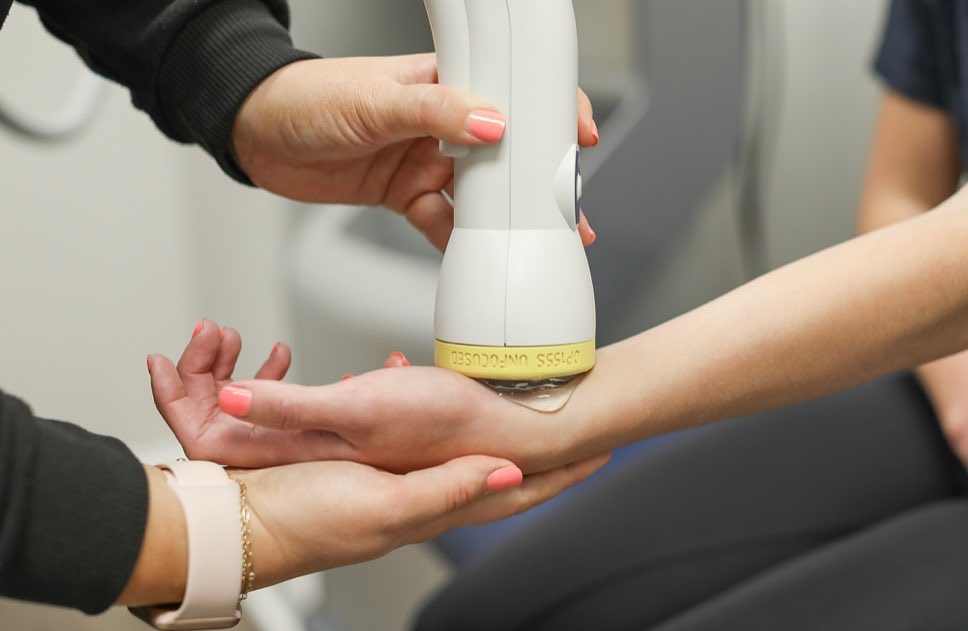
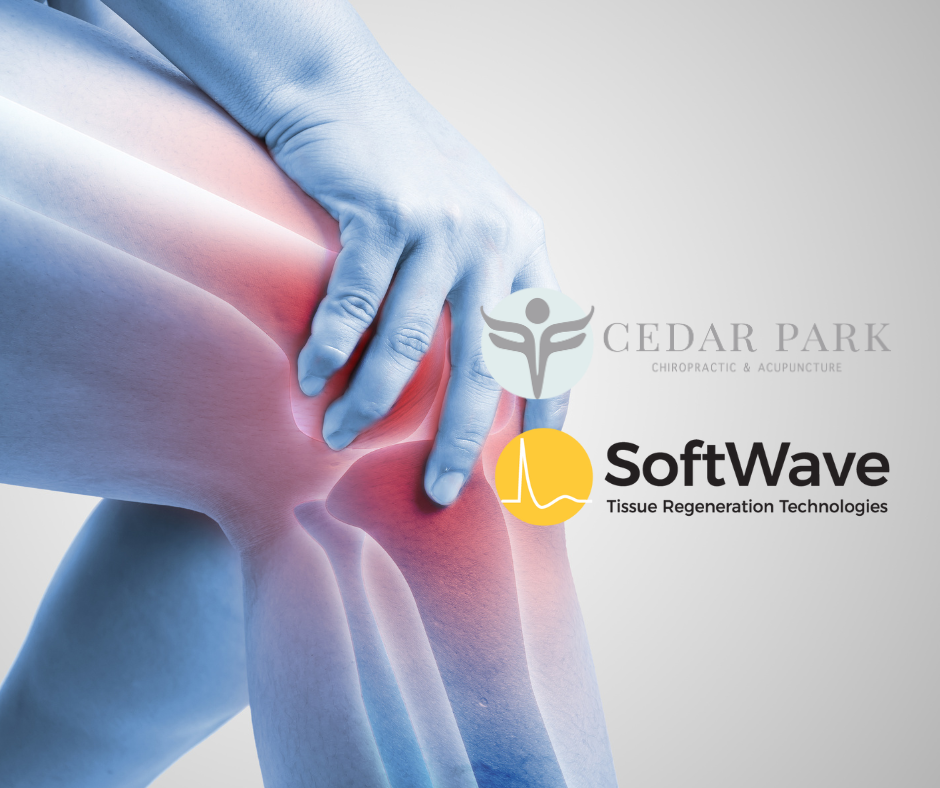

 345 Cypress Creek Rd,
345 Cypress Creek Rd,